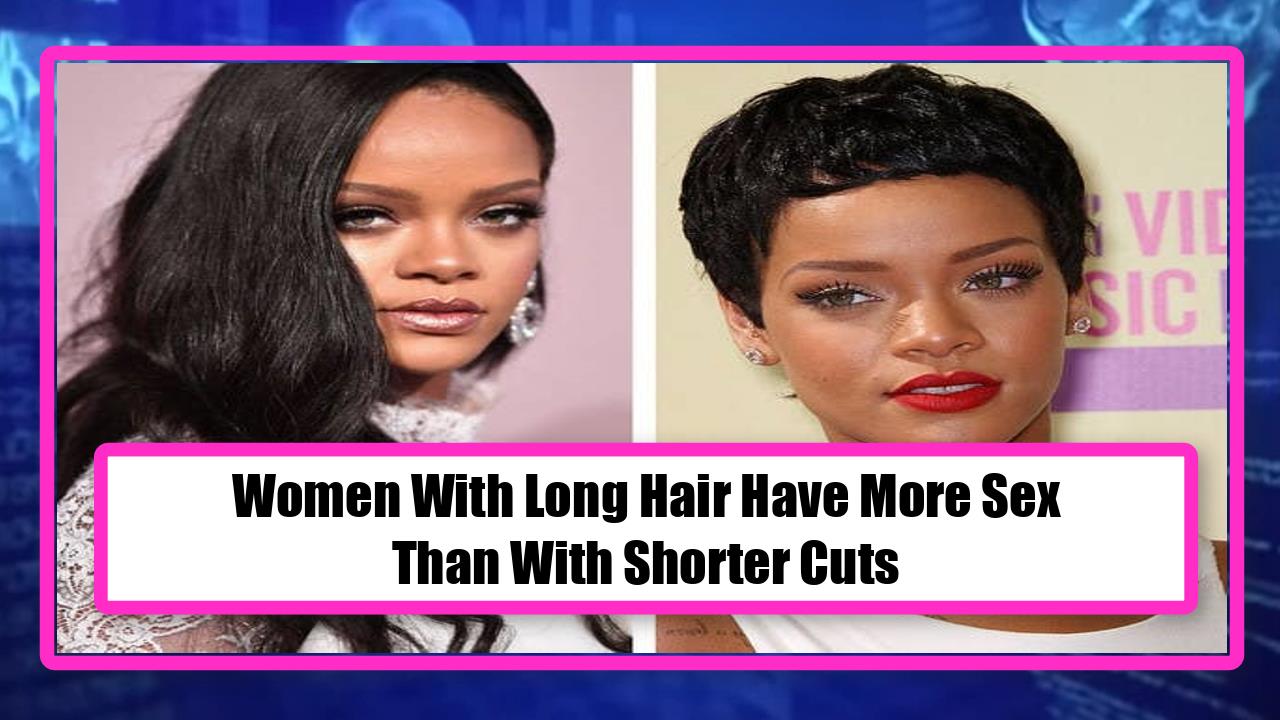Video:
Take our online poll:
AI Analysis:
Discussions about women's appearance and sexuality in comparison to men often intersect with societal norms, cultural expectations, and gender stereotypes. Here are some general observations:
Double Standards: There can be double standards regarding appearance and sexuality between men and women. For example, women may face greater scrutiny and pressure to conform to narrow beauty standards, while men may face less intense scrutiny or different standards. Similarly, women may be judged more harshly for expressing their sexuality openly compared to men.
Objectification: Women are often objectified and sexualized in media, advertising, and popular culture. This can contribute to the perception of women primarily as objects of desire rather than individuals with agency and autonomy. On the other hand, men may also face objectification, but it may manifest differently and may not be as pervasive.
Sexualization in Media: Women's appearance and sexuality are frequently used to sell products and entertainment, leading to the perpetuation of stereotypes and unrealistic ideals. Women are often depicted in media as hypersexualized and focused on physical attractiveness, while men may be portrayed as more valued for their achievements or abilities.
Body Image: Women may experience greater pressure to attain and maintain a certain physical appearance, leading to body image issues and low self-esteem. This pressure can be influenced by factors such as societal beauty standards, peer pressure, and media representations. Men may also experience body image concerns, but they may be less prevalent or less openly discussed.
Agency and Consent: Discussions of women's sexuality often center around issues of agency and consent, particularly in the context of sexual relationships and encounters. Women's ability to freely express their sexuality and make choices about their bodies is a fundamental aspect of gender equality and empowerment. Men also have the right to agency and autonomy in sexual matters, and discussions of sexuality should include consideration of consent and mutual respect for both genders.
Overall, discussions about women's appearance and sexuality compared to men are complex and multifaceted, reflecting broader societal attitudes and power dynamics related to gender. It's important to challenge stereotypes, promote body positivity and healthy attitudes towards sexuality, and strive for gender equality in all aspects of life.
Chart:

References:


Comments